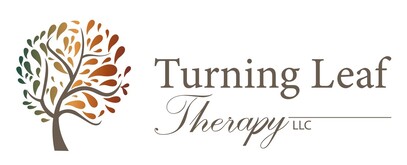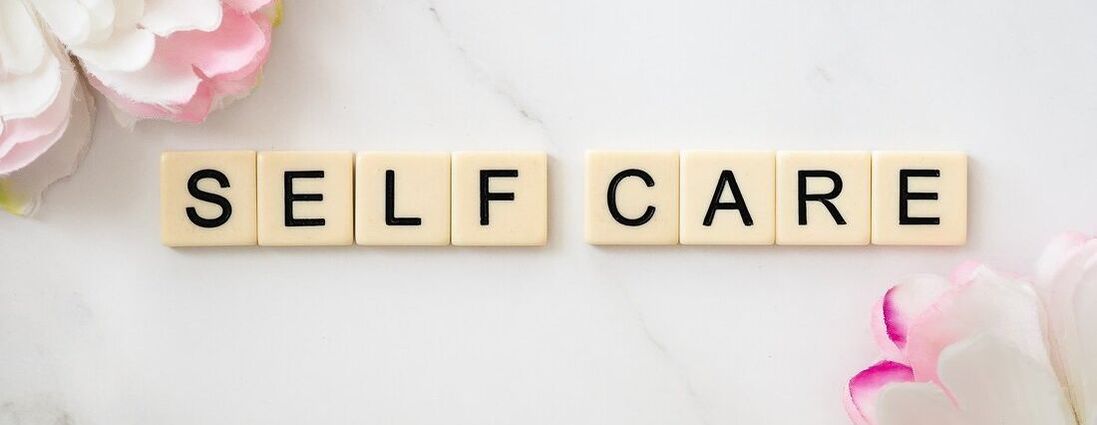|
Guest Blogger: Anne Miller-Uueda, LCSW Basic self-care essentials As public health officials and healthcare providers around the country and the world try to slow the spread of COVID-19, most Philadelphians, indeed most Americans, have been told to stay at home. While this is so important for public health, it can be hard on an individual’s mental health. For those who have pre-existing anxiety or depression, or a history of trauma, staying at home and interacting with the realities of this crisis can exacerbate symptoms. Self-care, while not a cure-all, can certainly decrease vulnerability to increased anxiety, depression, and trauma symptoms, as well as help us manage some of the intense emotions that are coming up for so many people right now. Self-care during this time may look different than it used to. Prior to this crisis, many people would go to the gym, socialize with friends, participate in recreational sports, sing in community choirs, and other out-of-the-home activities. While we are being asked to engage in social distancing, these things may not be possible. That does not mean self-care is not possible. The rest of this blog will provide some ideas about ways to engage in self-care right now. However, remember, self-care is a personal thing and it is important to experiment to find out what works for you. Physical Self-Care Move. As much as you are able, be intentional about moving every day. This could be going for a walk or run outside (while trying your best to stay 6 feet from other walkers and runners of course!), doing an exercise video, engaging in some self-guided yoga or stretching, walking up and down your stairs, chasing your kids around the living room – anything that gets your body moving within your ability. Eat healthy. Try to pay attention to what you are putting into your body. Boredom can be a trigger for many people to eat, drink alcohol, or use other substances. Experiment with noticing if you are eating or drinking in ways that are different. Try to keep healthy food in your home so that when you are hungry you have a healthy option available. Sleep. If you can, try to keep a regular sleep schedule (I recognize this is difficult for folks doing shift work). Even though many people’s schedules have gone out the window being at home, as much as you can try to stick to a regular bedtime and wake up time. We sleep best when our body knows what time we are going to bed and waking up each day. In addition to keeping a regular schedule, sleep is improved by:
Psychological Self-Care Limit news and social media. It is imperative to know what is going on right now and the current recommendations. At the same time, it is generally not helpful for people to spend several hours a day reading the news. Try to pick one or two places you will get your updates. There has also been a lot of misinformation being circulated on social media, so check your sources. Pay attention to your thoughts and feelings. When you are able, check in with yourself – notice what you are thinking and what you are feeling. Try naming your feelings. If you are having thoughts that are leading to anxiety or depressed feelings, ask yourself:
Practice gratitude. Explore noticing that for which you feel grateful every day. You might even consider starting a gratitude journal – just write down three things a day for which you are grateful. Personal Self-Care Shower and get dressed every day. It can really help your mood to get out of your pajamas, even if you are not putting on normal work clothes, or at least not normal work pants. Stay connected. Friendships and connection enhance well-being. Socializing during this time is difficult. As you are able, try to keep your connections and friendships alive, even while you cannot be face-to-face. Call, video chat, write letters, play virtual boardgames, listen to the same radio station and dance to the same songs, text, send smoke signals (ok – maybe not the last one, but try to keep in touch). Engage in meaningful activity every day. Many people have a lot of extra time on their hands right now (many other people have a lot less extra time on their hands). If you do have a lot of extra time, it can be easy to sink into a bog of mindlessly watching Netflix. Experiment with being intentional about doing something meaningful every day. For some people this could be their work or the parenting they are already doing. For others this could be learning something new, creating art, writing, dropping off groceries for an elderly neighbor, or volunteering to help keep non-profits running through the city of Philadelphia (https://www.phila.gov/2020-03-19-philadelphias-response-to-covid-19-how-you-can-help/ ). Mindfulness and Self-Compassion Resources:
Reliable sources of information regarding COVID-19:
Parenting: New York Times’ Parenting During COVID-19 Collection: https://www.nytimes.com/spotlight/parenting-kids-coronavirus
0 Comments
Your comment will be posted after it is approved.
Leave a Reply. |
|
We are a full-service private practice offering a variety of therapeutic services conveniently located in Old City, Philadelphia.
|
Important Links
Blog
|
GET IN TOUCH |
Copyright © 2018 Turning Leaf Therapy LLC All Rights Reserved.



